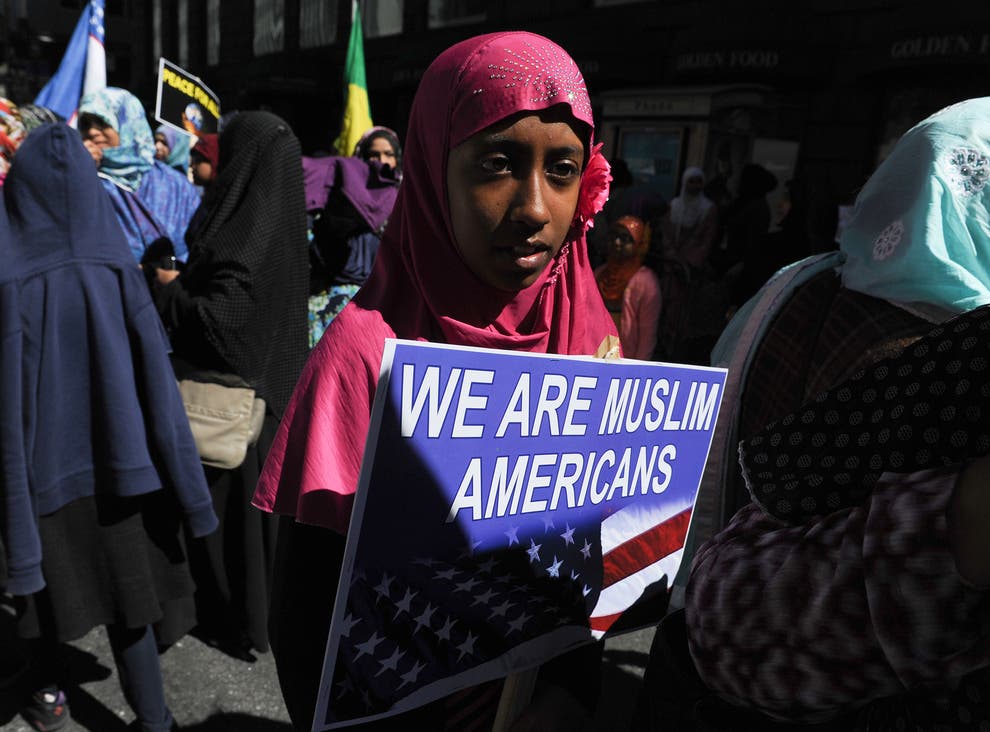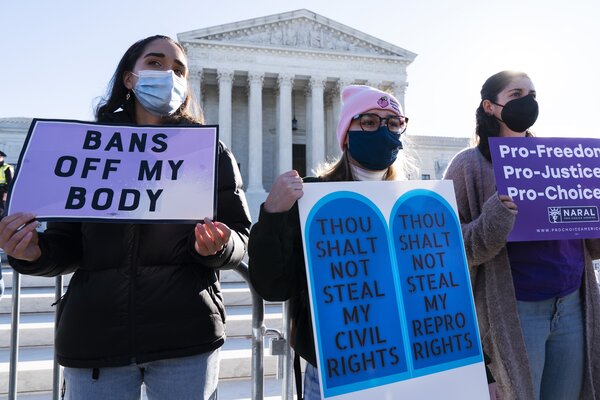Based on review and analysis of laws passed and bills proposed in 6 identified issue areas, some key findings are noted below:
i. Red states, or states dominated by Republican lawmakers, have the most restrictive legislative agendas across all six (6) issue areas for both laws passed and bills proposed.
ii. However, a relatively small number of lawmakers, 480 out of 3813 (12.6%) Republican state legislators are sponsors of restrictive bills proposed in more than one issue area. This indicates that, more than “red vs. blue” politics, this is a “red vs. red” issue, reflecting internal disagreements within the Republican Party at the state-level.
iii. Additionally, as both parties have become more polarized, it has squeezed out ideological moderates in both parties. Particularly in the Republican Party, more moderate female Republican lawmakers have been undercut, and the more conservative female Republican lawmakers remain. This is critical because female legislators tend to be more effective than men, as well as more moderate, and collaboration- and consensus-oriented.4 With regard to anti-sharia specifically,
iv. 630 of the total 3813 (16.5%) Republican state legislators have sponsored or co-sponsored an antisharia/anti-”foreign law” bill.
v. And 80% of the 102 anti-sharia bills were sponsored or co-sponsored by an overlap legislator, or legislator who sponsored or co-sponsored a restrictive law in another of the six issue areas.
vi. It is critical to note that the greatest overlap with anti-sharia/anti-”foreign law” legislation is not with anti-immigration laws as might be thought but with strict Voter ID laws and Right-to-Work laws. Both of these types of laws negatively and disproportionately impact African-Americans, women and Latinos. Thus, if a lawmaker wants to support legislation marginalizing the most people at one time, antisharia along with Voter ID and/or Right-to-Work would help to achieve that end.
vii. Although the linkage between anti-immigrant and anti-Muslim advocacy is very strong, research indicates that anti-immigration law proposals are limited in number because of the high political and financial costs of implementing legislation that faces widespread opposition from religious groups and business interests alike5 .
Institute for Social Policy and Understanding: link to pdf of report: http://www.ispu.org/files/PDFs/ISPU%20Manufacturing%20Bigotry[4].pdf






